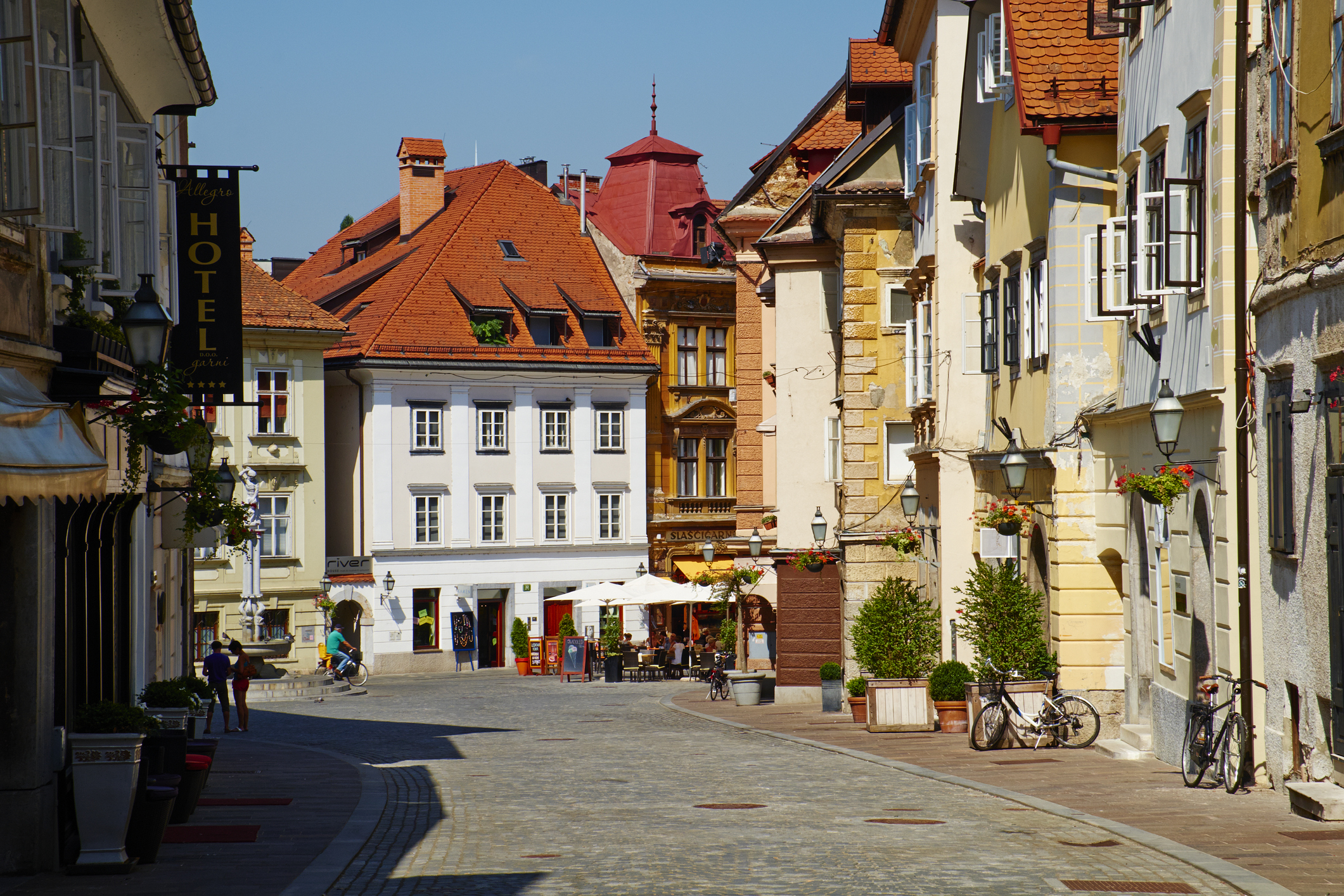The fact that Australians are travelling more than ever shouldn’t come as news to anyone (just look at your Instagram feed if you wanted further – very scientific – evidence)!
While the industry that was decimated by a certain pandemic has bounced back, how we travel has definitely changed – in many ways for the better.
If sustainable travel was a trend gaining momentum a few years ago, today it is far more normalised – with more and more people seeking to ‘travel better’. A growing body of research is pointing to travellers seeking purpose, including a new report from The World Travel and Tourism Council and Trip.com group revealing that 69 per cent of travellers are actively seeking sustainable travel options.
But, why is sustainable travel more important than ever?
According to Sara King, General Manager Purpose at small group tour company Intrepid Travel, “Sustainable tourism is so important as it’s about creating travel opportunities with minimal impact and positive benefits for destinations and their environment, economy, culture, and communities.”
“Responsible travel is about the attitude you take and the choices you make. It’s about choosing to respect and benefit the local people, their cultures, economies, and the environment.”
The good news is, being a responsible traveller and prioritising sustainability is easier than you thought. Here are five things you can do on your next trip.
Mix city big hitters with lesser-known second city destinations
“One of the major risks to sustainable tourism is over-tourism as it negatively affects local communities and ecosystems, as well as the travel experience for tourists,” Sara says.
Second city tourism, as it’s known, is emerging as its own travel trend, where you either tag on a few days to visit a lesser known destination or skip a major city altogether to explore a less popular – but often equally attractive – counterpart. For example, instead of Prague, head to Ljubljana, swap Barcelona for San Sebastian, or discover Albania or Macedonia as the emerging Mediterranean destinations (you’ll get bragging rights too).
Interestingly, some long overdue measures to combat over-tourism are also emerging – case in point, Venice applying a tax for day-trippers.

Travel off-peak
Think about the timing and seasonality of your visit – if you travel during off-peak or shoulder (in-between) seasons, not only can it be cheaper, it can also offer a better experience. “It means less crowds, lower prices, and less demand on the destination,” says Sara. “Travelling outside of peak times can also help create a more sustainable economy and more consistent employment for locals.”
So if you don’t need to stick to school holidays and other peak holiday seasons, it can be a win-win.
Keep it local
Here too, the benefit is twofold – by opting for local experiences, locally run tours, properties and activities, your travel experience will be far more authentic and you will come back with a unique insight into the destination and local culture.
“Find unique local experiences, stay in locally owned properties and dine at restaurants that use locally grown produce,” suggests Sara. “Keeping it local helps provide more employment and economic opportunities for the community.”
Opt for slow travel
There’s no better way to truly immerse yourself in a destination than by experiencing it slowly, mindfully. And slow travel benefits the environment too – think opting for a rail journey instead of flying around hectically or exploring the countryside on a cycling trail or hike.
Slow travel also encompasses making the time to stop and make connections with local communities in unique ways – whether it’s shopping at a local farmer’s market or dining at small, family-run restaurants off the tourist trail.

Leave minimal traces
This should be a no-brainer but taking care of the environment in your destination just the way you would at home is paramount. “Take out all you take in, especially in lesser resourced areas away from the major cities. Use alternatives to plastic and say ‘No’ to plastic bags when purchasing items,” says Sara.
Some countries have taken this a step further, encouraging travellers to tread lightly by signing a pledge – the Palau Pledge is a mandatory agreement that ever visitor to the Micronesian nation has to sign, and if you’re planning to hop across the Tasman to New Zealand, you can opt to sign the ‘Tiaki Promise’, a commitment to be protectors of the local environment and culture.










